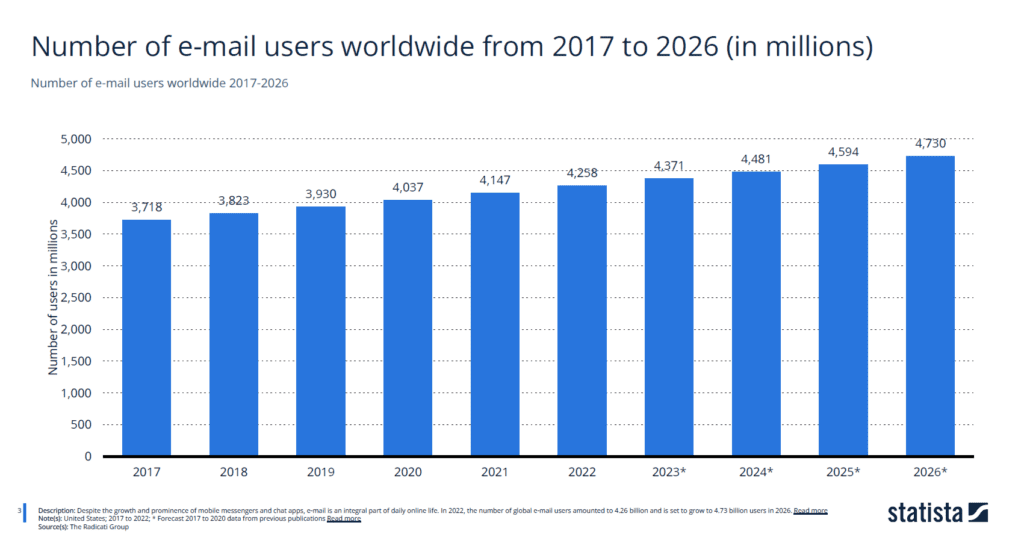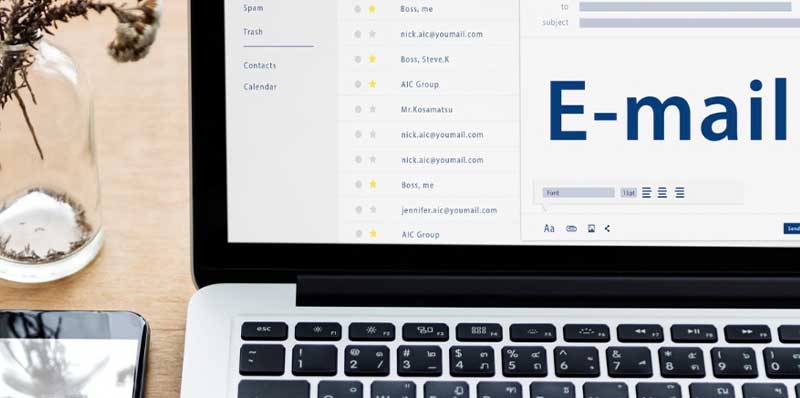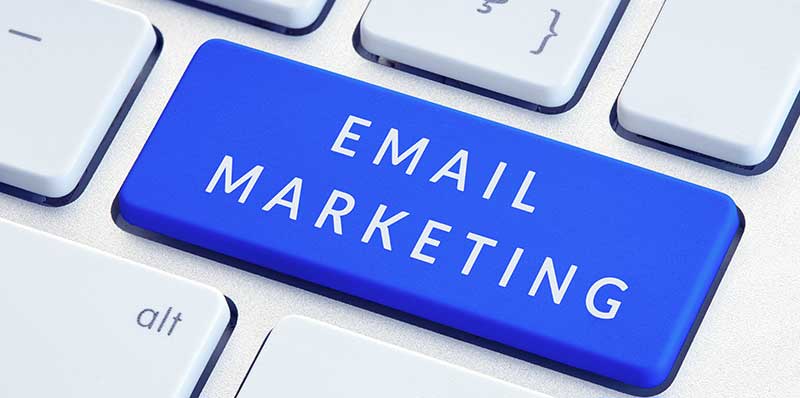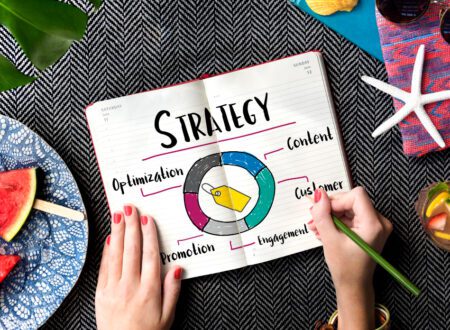Is marketing these days a bit like wandering through a giant maze? It seems like a new social media platform pops up almost every week, and each one seems to demand your attention and your advertising dollars. Should you go for catchy videos on Facebook, or maybe pretty pictures on Pinterest? And what about Instagram – can’t ignore that, right? And then there’s TikTok, and oh, did we produce a YouTube short?!
The Power of Permission: Email Marketing’s Secret Weapon
Each new platform has its own best practices, ad management system, and all-powerful algorithm. But even if you figure out the right formats and finally launch your campaigns, you will have tons of advertisers bidding to put their ads ahead of yours.
As your social media following grows, reaching new customers through organic (non-paid) means becomes more challenging. This is because social media platforms are making it more difficult for your posts to reach your followers’ feeds without paying for advertising. Essentially, they’re limiting the visibility of your content to encourage businesses to use their paid advertising services.
For instance, imagine you run a small bakery with a growing Instagram following. Initially, when you post about your new pastry creations, many of your followers see and engage with your posts. However, as your follower count increases, Instagram’s algorithms may restrict the visibility of your posts to only a fraction of your followers unless you pay to boost your content. This means you’ll have to rely more on paid advertising to ensure your posts reach a higher percentage of your actual followers.
I believe the most powerful element of email marketing is permission.
Unlike social media platforms that change the policies and their algorithms on a whim, email gives you a direct line to a pre-approved audience. These are people who have actively chosen to hear from you, a level of trust and permission that’s invaluable in the marketing world.
Email: Beyond the Noise of Social Media
Email allows you to initiate conversation, not a desperate shout among all the noise of social media. According to Statista, despite the growth and prominence of mobile messengers and chat apps, e-mail is an integral part of daily online life. In 2022, the number of global e-mail users amounted to 4.26 billion and is set to grow to 4.73 billion users in 2026. (Email Open Rate: Statistics & 17 Best Practices (2023 Guide), 2024)

The Art of Engagement: Crafting Lasting Relationships
Email is not the flashiest tool in your marketing toolkit; experience has shown that it is the strongest when it comes to driving conversions and building lasting relationships. While social media ads and content scream for attention, email allows you more than a fleeting glance. You can craft a narrative, weaving in details and information, and truly engage your audience.
Think about it: how many times have you spent more than a minute or two absorbing a social media post? Emails, on the other hand, can offer in-depth content, educate your audience, and tell compelling stories that resonate.
Data Powerhouse: The Analytics Advantage
While social media ads provide good metrics, I believe email’s power is far superior – it’s a data powerhouse. With email marketing, you can track everything: open rates, click-through rates, and conversion rates. An email marketer can tell the specific person who has interacted with their content in a specific way. This is powerful! With email flows and segmentation, this multiplies email’s power exponentially. Follow-up emails to specific segments of your audience allow individuals to be hyper-targeted. Email allows you to constantly analyze what resonates with your audience and refine your approach. It’s a feedback loop that helps you craft even more effective emails, maximizing your return on investment.

Personalization: Tailoring the Message
Let’s not forget personalisation. Social media often feels like a one-size-fits-all game. However, email marketing allows you to segment your audience based on demographics, interests, and even purchase history. Imagine sending targeted messages that speak directly to each recipient’s needs and desires. It’s like having a marketing team that tailors a message for every single customer, vastly increasing the chance of grabbing their attention and converting them into loyal fans.
The Unsubscribe Benefit: Quality over Quantity
I was a victim of “fear of missing out” (FOMO) when it came to email marketing. A clever subject line or sale announcement would snag my attention, and I’d save the email for later, convinced I might miss something valuable. I’m sure I’m not the only one. I have actively unsubscribed from irrelevant emails. This might seem counterintuitive, but I believe it actually benefits both sender and receiver. For email marketers, it clarifies their audience. Unsubscribing from an email list removes me from a segment that wasn’t a good fit, giving the marketer a more accurate picture of who actually engages with their content. This allows marketers to focus their efforts on those genuinely interested in developing a relationship, leading to more effective campaigns.

Building Relationships: The Ultimate Goal
In the end, email marketing isn’t just about the hard sell. It’s about building relationships, fostering trust, and keeping your brand at the forefront of people’s minds. Email marketing excels at this. You can nurture leads with informative content, reward loyal customers with exclusive offers, and keep everyone engaged with your brand story. This builds a foundation of trust and loyalty – the cornerstones of any successful business.
Conclusion: The Reign of Email Marketing
One thing stays strong in the ever-changing world of marketing: email marketing. While social media tries to grab your attention with fancy ads, email quietly builds connections.
Best-selling author and marking genius, Seth Godin noted it quite wisely in his book,
“Permission marketing is the privilege (not the right) of delivering anticipated, personal, and relevant messages to people who actually want to get them.”
Seth Godin
Email marketing embodies this principle, offering a direct line to an engaged audience who welcomes your messages.
So, in the midst of the digital noise, ask yourself: Are you making the most of email marketing’s power to nurture connections and drive results? Or are you chasing after fleeting trends elsewhere?
In marketing, where trust is gold and relationships are the currency, email marketing reigns supreme, providing not just a platform for promotion, but a pathway to genuine connection and enduring brand loyalty.




